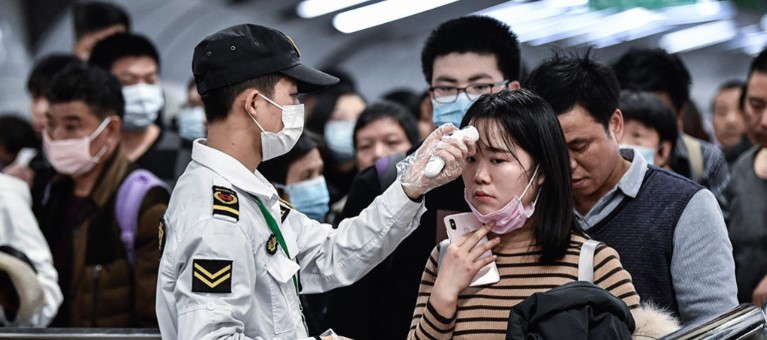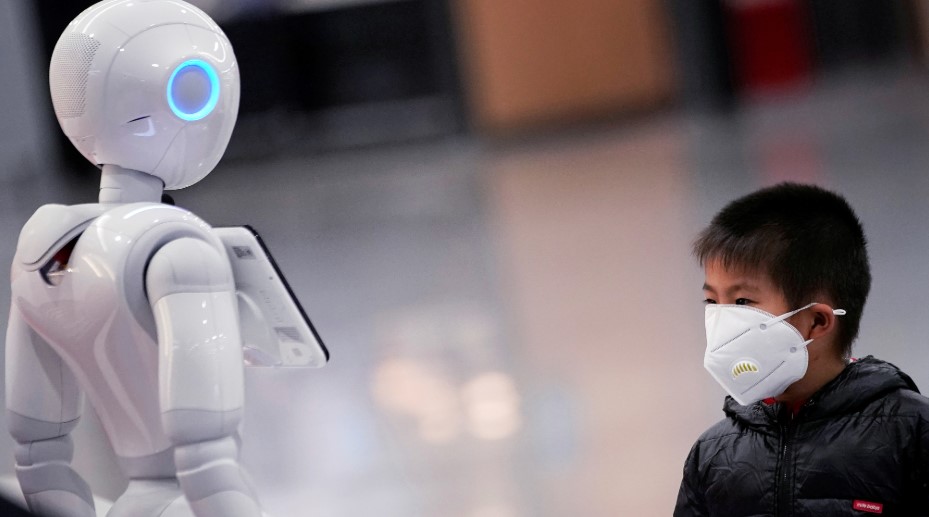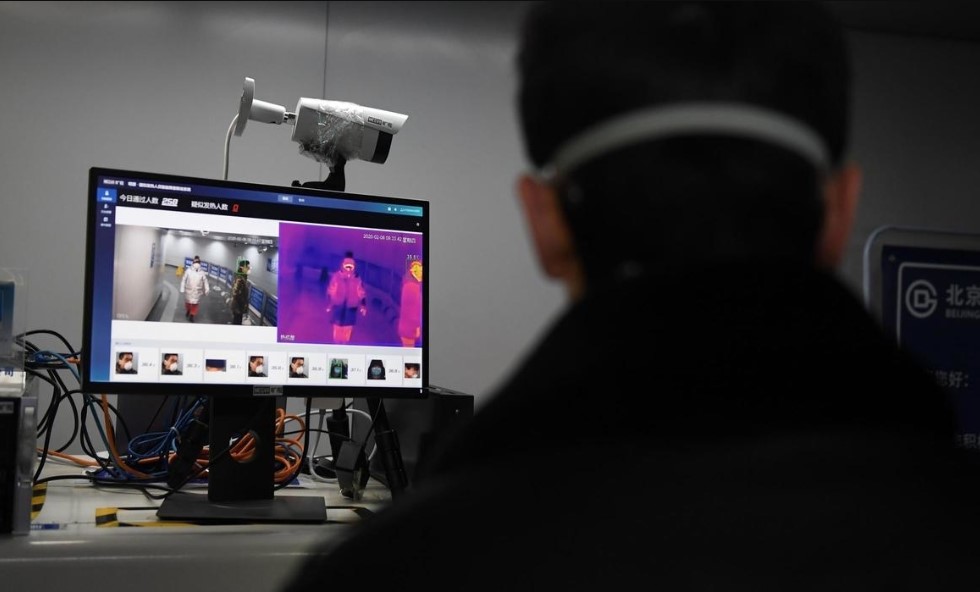Coronavirus is spreading like a bush fire in China. The researchers in China are using artificial intelligence & big data to tackle this deadly virus through social media, web and other data so that they can stop this virus from spreading.
This virus was first reported in Wuhan China in December, resulting in a global health emergency. So far, it’s not clear how deadly and contagious this virus can be and how widely it has already spread. In China, tens of thousands of people are infected so far by coronavirus and thousands of people have died and the infection and deaths continue to rise every day.
On one hand, the Chinese government is working very hard to stop further spreading of this deadly virus. On the other hand, Beijing is using big data collection and artificial intelligence to curb potential infection to spread further.
-
- Many Chinese companies have developed apps that will allow the people to check whether they are traveling on the same flight or train in which the confirmed virus patients are present.
-
- According to the state-run Global Time, robots are used in public places to scold those travelers who don’t wear masks in the southern Guangdong province.
-
- In Beijing, one of the neighborhood committees is using flight and train data to keep a vigil on the latest travel reports.
-
- As stated by China’s National Health Commission (NHC) in an online statement to local governments that they are ”using big data technology to track the epidemic in real-time, review priorities (cases), and effectively predict.”
-
- The Chinese government is also working on strengthening the information link between the departments of public, security and traffic. According to official reports, the government is calling on them to exchange trains, flight, communication, and medical data. The main focus of Chinese authorities is looking for common symptoms for this disease i.e. fever to prevent further possible infection.
-
- Chinese authorities are using thermometers in neighborhoods and in-office but while traveling; these methods can’t be used so they are using AI and infrared cameras as the fever detection systems.
-
- Chinese search giant Baidu has developed a system using infrared and facial recognition technology that scans and takes photographs of more than 200 people per minute. It is much faster than existing thermal scanners at airports. Baidu has installed it in Qinghe Station in Beijing. If somebody having a body temperature of 37.3 (99 F) or higher, the system triggers an alarm that triggers a secondary check by station personnel.
-
- Megvii, an AI company has also developed a similar system that is presently used in a subway station in Beijing. As stated by the spokesman of Megvii, “It wasn’t easy to have a team of nearly 100 people working from home”. All of them work around the clock on Lunar New Year holidays,” said the company, the spokesman further stated that the team needed to optimize their models to “effectively measure temperature when only the forehead was exposed.”
-
- Chinese technology companies have also formed a kind of service to help fight disease by delivering medical supplies by drones to recording the spread of the coronavirus from Wuhan. It is helping people to fight against this disease.
-
- In some parts of the city in Beijing, the citizens are asked to go through a QR code scanning to enter personal information, such as the phone number and address of their hometown. The residents are also asked to fill a form regarding the information about their ways of transport, like license plates or flight numbers if they had traveled.
-
- The people are also questioned about their visit to Hubei province; Wuhan is the capital of this region, in case they had been in touch with someone from this most affected area.
The city of Wuhan has been isolated on January 23, but still, the city’s mayor said that during the Lunar New Year, around 5 million travelers left Wuhan resulting in a nationwide search for new Wuhan visitors. It requires a lot of staff to do follow up checkups of the majority by the local authorities in China, especially when residents return after vacation.
China continues to fight with the dangerous outbreak; technologies like AI & Big Data may be the key to turning the tide.
Zahoor Bhat has over 10+ years of experience as an online editor and media manager. He has worked with major online news and content sites as a media manager. He is well versed with major content management systems and web platforms such as WordPress and social media networks including Facebook, Twitter, Youtube, Google Business, Yelp, Instagram & Linkedin. He is an expert in content creation, proofreading and finally making it live. Being a social media expert, he is able to make relations with social media influencers and make sure to generate leads and grow business via different social media platforms.





